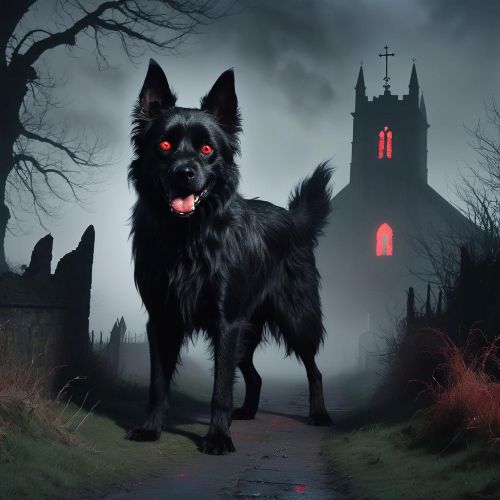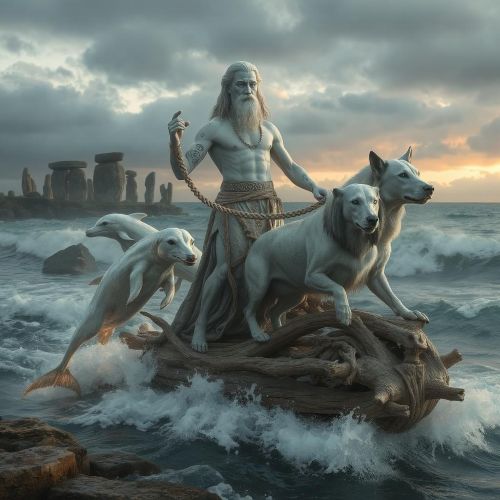English Mythology
English mythology is a captivating tradition that blends ancient folklore, Anglo-Saxon legends, Norse influences, and medieval storytelling into a unique cultural identity. Rooted in the landscapes and history of England, these myths capture the spirit of the people and their relationship with nature, spirituality, and heroism. Unlike the broader category of British mythology, which encompasses Celtic and Welsh traditions, English mythology focuses specifically on the tales and beliefs that emerged in England, shaped by waves of migration, conquest, and cultural fusion. From pagan gods and nature spirits to legendary kings and trickster figures, English mythology preserves a worldview where the supernatural was deeply connected to everyday life.
At its foundation, English mythology draws heavily from Anglo-Saxon pagan beliefs. Deities such as Woden, Thunor, and Tiw embodied war, wisdom, and cosmic order, while the goddess Frige represented love and destiny. These gods were closely tied to natural phenomena and human concerns, guiding warriors, farmers, and families alike. With the Viking invasions, Norse mythology added its influence, introducing parallels such as Odin, Thor, and Tyr, which often merged with existing beliefs. Spirits of the land, rivers, and forests were equally important in English folklore, ensuring that nature was seen as a living force inhabited by otherworldly beings. Seasonal festivals and rituals celebrated fertility, harvest, and the cycles of life, many of which continued even after Christianity spread across England.
One of the most distinctive contributions of English mythology is its legendary figures and folklore heroes. Robin Hood, the outlaw who robbed the rich to give to the poor, became a symbol of resistance, justice, and freedom. Herne the Hunter, a ghostly figure said to haunt Windsor Forest with antlers upon his head, represents the enduring connection between humans, animals, and the supernatural. The Green Man, often depicted as a face made of leaves, is another iconic symbol that embodies fertility, rebirth, and the cycles of nature. Dragons, giants, and mystical creatures frequently appear in English myths and legends, often serving as symbols of chaos that must be overcome by human courage. These stories reflect the struggles and aspirations of the English people, offering both entertainment and moral lessons.
Today, English mythology remains a powerful source of inspiration in literature, art, and popular culture. Writers such as William Shakespeare drew upon mythological themes, while later authors like J.R.R. Tolkien and C.S. Lewis reimagined English folklore into the foundations of modern fantasy. Folkloric figures such as Robin Hood and the Green Man continue to appear in festivals, artwork, and seasonal rituals, keeping these ancient symbols alive in contemporary life. English mythology is not only a window into the beliefs of the past but also a living tradition that continues to shape identity, storytelling, and creativity. With its blend of gods, heroes, and mythic landscapes, English mythology remains an enduring part of the global heritage of myth and legend.




